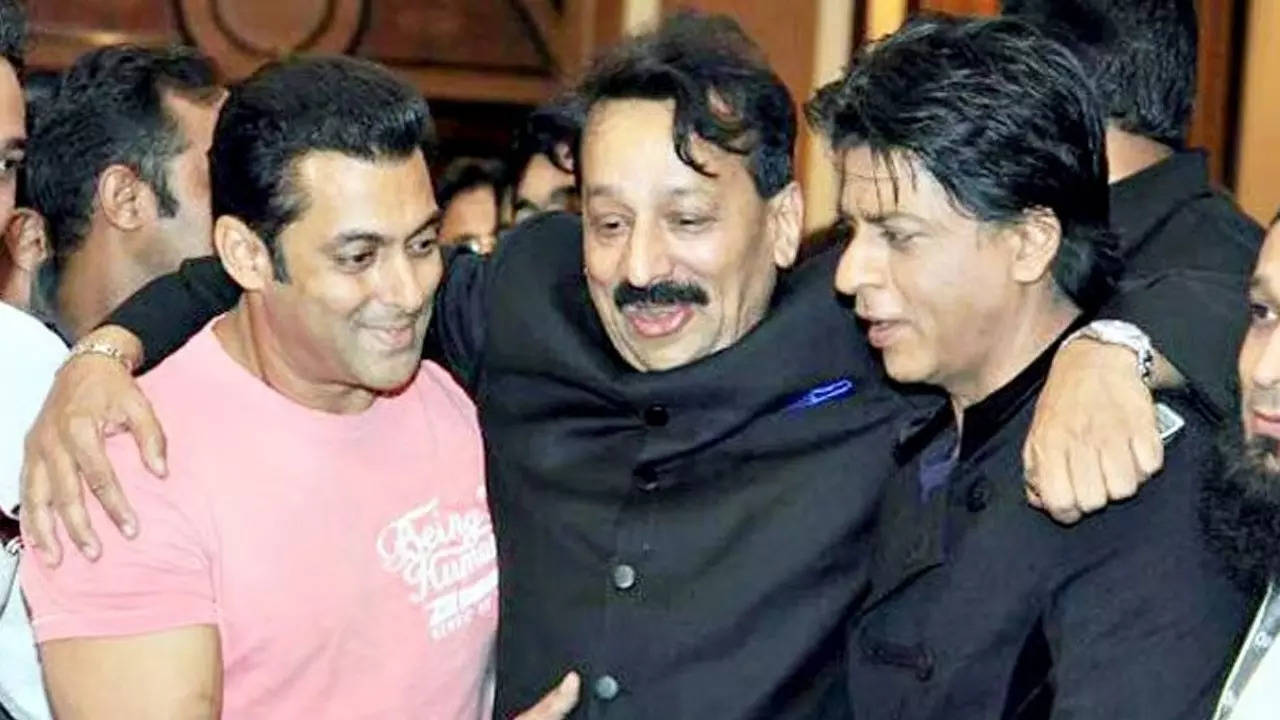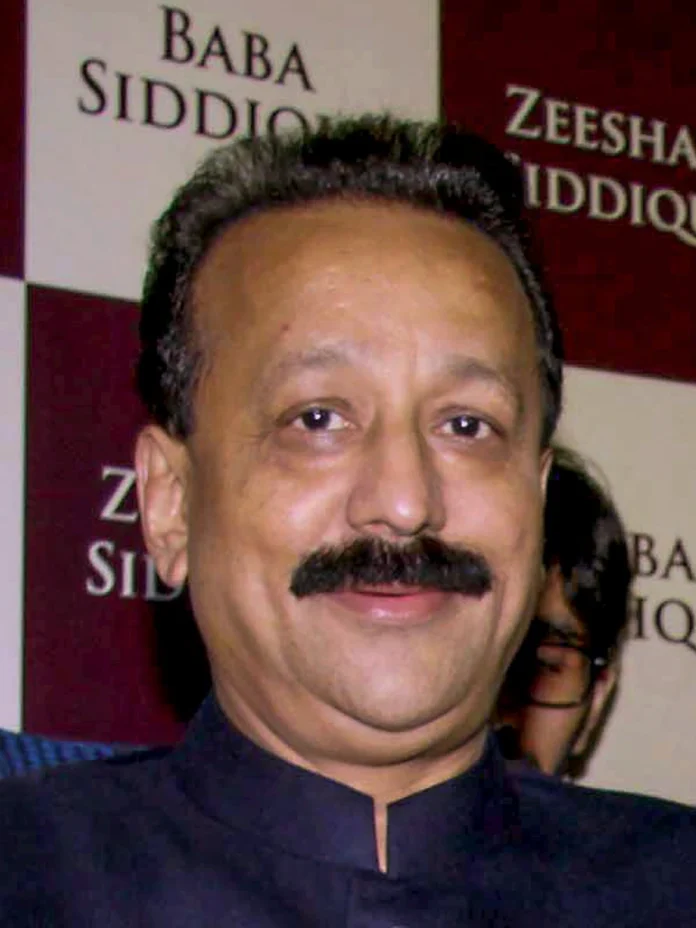Baba Siddique, a well-known politician in Maharashtra, passed away suddenly and tragically, shocking the country. Siddique was shot several times close to his son’s workplace in Bandra (East), Mumbai, on a fateful Saturday night. The former Maharashtra Minister and NCP politician passed away from his wounds at Lilavati Hospital, while being under “Y” category security because of recent death threats. He left a lasting legacy in both politics and society.
Baba Siddique’s Assassination: A Targeted Attack?
Outside of his son Zeeshan Siddique’s workplace, Baba Siddique was shot in what seems to have been a planned assault by unidentified attackers. Two to three bullets were fired at him by three to four attackers, according to preliminary reports. Siddique was sent to Lilavati Hospital, however shortly after his arrival, it was announced that he was dead. The efficacy of the “Y” category protection that Siddique was given is called into question by this well-planned attack, which occurred only 15 days after he was threatened with death.
Baba Siddique’s Political Journey: From Congress to NCP
Baba Siddique’s political career began at a young age in Mumbai, when he joined the National Students’ Union of India (NSUI), the student wing of the Congress Party. His rise in local politics saw him elected as a Municipal Corporator in the Mumbai Municipal Corporation. Siddique went on to serve as an MLA from Vandre West for three consecutive terms—1999, 2004, and 2009—and also held positions as Minister of State for Food & Civil Supplies, Labour, and the FDA. Earlier this year, Siddique made a major shift by joining Ajit Pawar’s NCP, leaving the Congress Party behind.

Baba Siddique’s Influence: Beyond Politics, Into Social Circles
In addition to being a politician, Baba Siddique was also a social leader who had a significant impact outside of politics, especially through his well-known Iftar gatherings. Top Bollywood stars like Salman Khan and Shah Rukh Khan were drawn to these lavish events, which became a mainstay of Mumbai’s social calendar. In 2013, a high-profile rivalry between the two celebrities was resolved thanks in large part to Siddique, solidifying his position as a significant player in Mumbai’s social scene.

Baba Siddique’s Departure from Congress: A Turning Point in His Career
A pivotal point in Baba Siddique’s political career was his exit from the Congress Party earlier this year. Siddique decided to join Ajit Pawar’s NCP group after years of feeling excluded from the party. He expressed his displeasure with the party leadership by saying that his leaving was like being treated like “curry leaves” in the Congress. The goal of this political change was to revitalize his career and provide him with the opportunity to demonstrate his political clout in Maharashtra.
Baba Siddique’s Family Ties: Zeeshan Siddique and Political Tensions
Zeeshan Siddique, Baba Siddique’s son and a Congress MLA from Bandra (East), was likewise influenced politically by his father. Zeeshan, however, had his own political difficulties, such as being kicked out of the Congress Party in August for allegedly engaging in anti-party actions. The Siddique family’s political status was further strained by this occurrence, which resulted in a complicated relationship between the political affiliations of the father and son—one of whom was expelled from the Congress and the other joined the NCP.

Baba Siddique’s Legacy in Bandra: The “Bandra Boy” Leaves a Void
Baba Siddique, also known as the “Bandra Boy,” had a close bond with the locals, especially in the Bandra area. He was a well-known and adored person in the community, and his passing creates a huge political void. His killing raises concerns about the future of leadership in the constituency, especially in light of his son Zeeshan’s own unclear political trajectory. His strong roots in Bandra politics guaranteed his influence on the ground.
Conclusion: Baba Siddique’s Impact on Politics and Society
In both the political and social spheres, Baba Siddique’s life was marked by connection, leadership, and influence. Siddique’s political career was distinguished by his commitment to his constituents and his capacity to cultivate connections in a variety of contexts, from his early days in the Congress Party to his noteworthy position in the NCP. His passing is a loss for Mumbai’s social and cultural fabric, where he had a special influence, as well as for Maharashtra politics. Although there are still a lot of unsolved mysteries regarding the circumstances surrounding his death, his legacy will live on for years to come.

